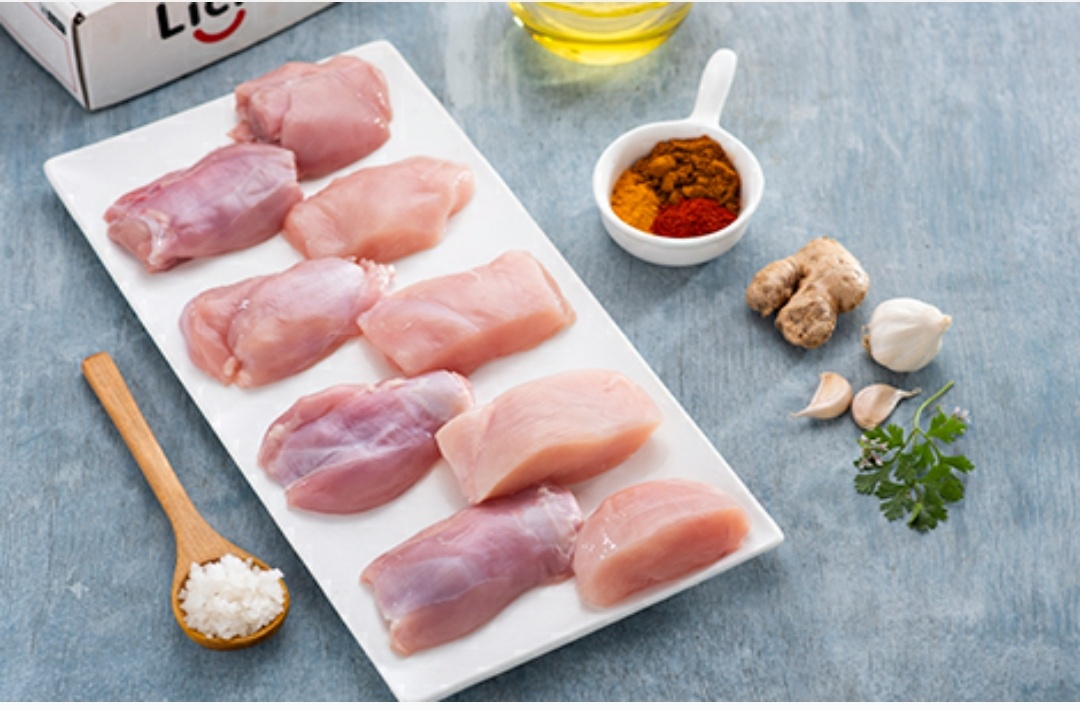Online meat and seafood ordering startup Licious is looking to raise USD 80 million in fresh funding at a valuation of USD 800 million from its existing backers as well as new investors.
The five-year-old startup is currently in discussions with TPG, General Atlantic, PremjiInvest, and Multiples Alternate Asset Management, a report by local media Economic Times (ET) said, citing sources. Its existing backers include 3one4 Capital, Bertelsmann India Investment, Vertex Growth, UCLA, and Sistema Asia Fund.
The company, which is currently present in 14 cities, would use the capital to expand its operations, the report said.
In December 2019, Licious closed its USD 30 million Series E funding round, which was led by Singapore-based Vertex Growth Fund. To date, it has raised USD 94.5 million, according to business intelligence platform Crunchbase.
Started by Vivek Gupta and Abhay Hanjura, Licious operates on a farm-to-fork model where-in it owns and operates its back-end supply chain and cold chain.
The Bengaluru-headquartered startup ventured offline in January 2019 when it began selling gourmet meat from its experience centers or physical shops. Later in August that year, Licious entered the ready-to-eat segment with the launch of its meat-based spreads.
Last year, the startup recorded a spike in demand after the two-month-long lockdown was lifted in June, as millions of Indians stayed indoors and chose to buying groceries and food online. According to the company, its business grew by 300% over the last eight months during the pandemic.
“The company saw a 3X surge in demand across product categories and markets with the average basket size per customer growing by 30%,” the spokesperson for Licious told ET.
Currently, the company claims to deliver 1 million orders monthly across all markets. It competes with Investcorp and Abu Dhabi Investment Office-backed FreshToHome, which has so far raised USD 152 million, and ZappFresh, which has reportedly been in talks with investors to raise INR 100 crore (USD 13.6 million).
In a recent note, Anil Kumar, chief executive and founder of Bengaluru-based research firm RedSeer Consulting, said the online meat market grew by 2.5-3x since COVID-19, driven by pandemic-related apprehensions while purchasing from local butchers operating physical shops.
According to RedSeer, India’s overall meat market was USD 45 billion in 2019, of which the online meat market stood at USD 95.6 million.
“Over 70% of the Indian population consumes meat in some form,” Kumar said. “Online players have successfully targeted consumer pain-points associated with purchasing meat from local butchers. For instance, the meat provided by online players is clean, without any stain of blood, and has negligible odor. The online players also differentiate (themselves) in terms of the width of offerings – especially, ready-to-cook/ready-to-eat ones.”
